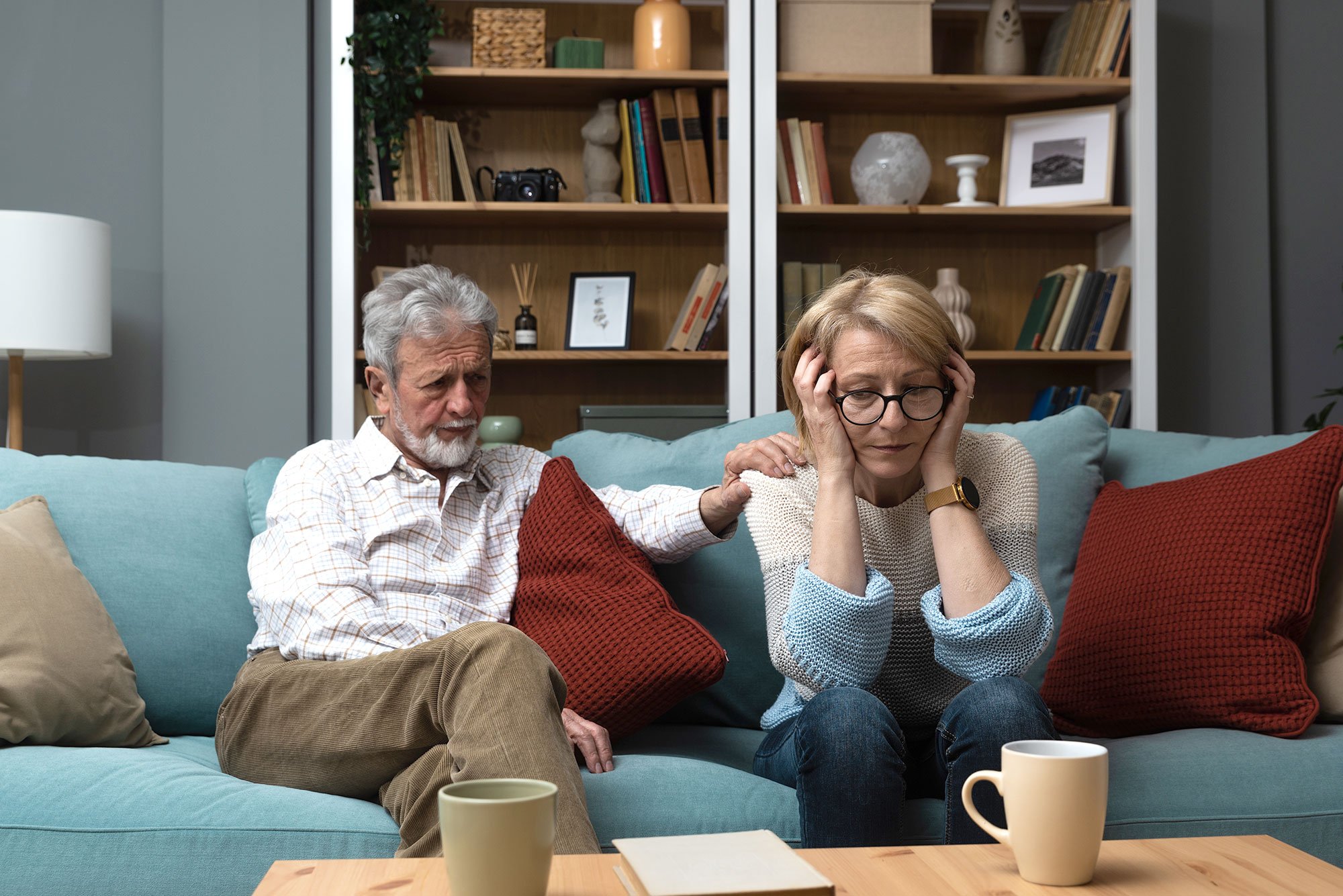Hearing loss doesn’t just affect the sufferer!
Communication is the key to healthy relationships. Which is why when one person’s hearing changes for the worst, there’s not just one person affected.
The sufferer
Hearing loss is an invisible disability. When someone has difficulty with their hearing, they may struggle to hear and understand what their partner, other family members, work colleagues or friends are saying. This can lead to embarrassment, frustrations, misunderstandings, and even arguments. It can be especially challenging over the phone and in situations with background noise, or in large groups, where it’s difficult to identify and/or understand individual voices. Over time this can erode the sufferer’s confidence and independence, which can lead to social isolation.
And as if that were not enough, hearing loss can also be exhausting. It takes a lot of concentration. That’s because the brain has to compensate for the loss and works hard as it double checks words, meanings and sense in every conversation. Over time this causes undue stress and fatigue.
Everyone else
But hearing loss does not just affect the sufferer. For those people living with someone with hearing difficulties, day-to-day living might be equally as challenging. For a start, you might find yourself shouting, repeating yourself, translating what’s been said (explaining to them what they’ve missed) and generally over compensating for their difficulties.
In addition, you might be having to put up with the radio and/or TV on so high that it gives you a headache. You might also be on high alert for reminders on phones/watches and appliances, answering the doorbell, or the phone more, and/or aware of car warning noises/indicators, or maybe even beeping horns from other drivers. You might also find that your social life is affected, as your loved one withdraws from their usual activities, meaning that you also feel like you’re being left out. This can lead to further feelings of resentment and stress, as well as loss of companionship, reduced levels of communication and a decrease in shared time and activities.
There is another way!
If someone you love is experiencing hearing problems, it’s time to have a heart-to-heart chat. Here are some top tips for how to navigate this difficult subject:
1) Find a quiet time when you’re both in a good mood and can talk uninterrupted. Adopt a caring and non-judgemental tone and tell them:
It’s affecting the quality of your relationship
You’re concerned for their health
Untreated hearing loss can put them at risk of cognitive decline
2) Make a hearing test appointment for them, and possibly you too.
3) Listen to what your audiologist says, be accepting of any diagnosis and seek treatment as soon as possible.
Hearing aids can not only improve quality of life, but can also enhance your relationship satisfaction, aid communication and improve social functioning. And more importantly, you will find that you are once again able to enjoy life as part of a couple, family or when you’re out socially with a group of business colleagues or friends.
Regain your quality of life
David Peel, Audiologist at The Sense of Hearing, including Banbury’s only independent hearing aid centre, agrees. “Quite simply, if you hear better, you live better. Hearing keeps you fully engaged with people, makes moments more memorable, and connects you to the world around you.
“The most important thing is to have a hearing test, so we can better understand your hearing loss. After you’ve had the results explained to you, and the subsequent options outlined, you will have the information you need to make your own decision on what to do next. One of the possibilities is that you may need hearing aids.
“If that’s the case. Don’t worry. Modern hearing aids look very different to what you may remember from years ago and can help you to regain your quality of life, hear better in situations that are important to you and avoid becoming a burden to the people you love. They can also help you to stay sharp and reduce the risk of cognitive decline or even dementia, hear alarms, sirens, traffic, telephones, doorbells and more so you know exactly what’s happening around you.”
If you think a loved one has symptoms of hearing loss, don’t wait. The quicker you’re diagnosed, the sooner you can take steps to protect your hearing. Book your hearing test today.





